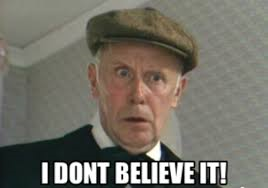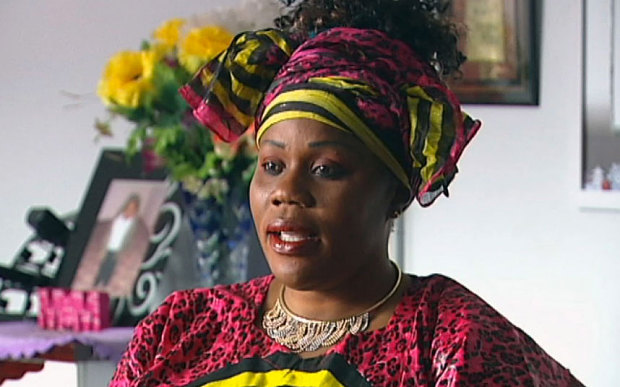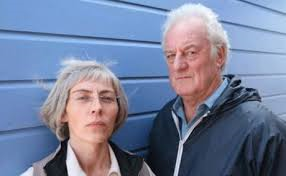Implausible.

It’s not a word any writer wants to hear about their book. But with the market increasingly competitive, everyone wants their novel to be the high-concept book that everyone’s talking about. The bar for original, compelling, outlandish plots is getting higher by the year – as is the risk of pushing the boundaries of credibility.
Writers have incredibly wild and fertile imaginations. There’s an urban myth – or is it? – that after 9/11 the US government hired a round table of top crime novelists and asked them to imagine worst-case-scenario terror attacks, so that the US security and emergency services could come up with strategies to counter them.
Fantastic but improbable books springboard from the news all the time. Emma Donohoe’s book and now film Room was partly inspired by the monstrous real-life case in Germany of Josef Fritzl who imprisoned his daughters in a cellar for years, impregnating them and raising his own children/grandchildren in squalid captivity.

At a literary festival last year I had a heated exchange with a reader over SJ Watson’s smash hit Before I Go To Sleep, in which a woman wakes up every morning with her memory wiped clean. The reader insisted this could never happen in real life. I knew that the author was inspired by a rare but very real neurological disorder; obviously, being a novelist, Watson took a germ of truth and ran with it, but, as I told the reader, ‘It is literally based in fact. Papers were written about it and everything.’ Her eyes narrowed to slits. ‘How convenient,’ she said, before walking off, presumably to harangue a fantasy writer about the lack of orcs and wizards in her neighbourhood.
You don’t need to look very far to find hard-to-believe news stories. The following stories are convoluted, far-fetched and in some cases ridiculous – all the qualities serious novelists try to avoid.
A woman turns up at her own funeral, wreaking revenge on the husband who paid to have her killed.

A troubled young woman is jailed after posing as a man to seduce her best friend, blindfolding her and penetrating her with a prosthetic penis.

A man fakes his own death in a canoe accident to claim life insurance. He lets his sons believe he is dead. Really, he’s living in a single room near Hartlepool. This real-life scam had such a compelling narrative it was turned into a TV drama.

And it’s always worth dragging this one from the archives: Pop star runs over his own head, with his own car, after overdosing on baked potatoes.

The people in the above stories are hardly from crime-fiction central casting (although anyone who’s seen the Stay Another Day video will surely agree that Brian Harvey ought to have been arrested by the Fashion Police). They aren’t spies, maverick police officers or troubled forensic pathologists. They are the kind of people you meet every day.
This is why I love writing psychological thrillers. Everyone, no matter how benign their exterior, is psychologically complex. We all have monsters coiled within. It’s the darkness behind the twitching net curtain, the monster in the baskets-only queue in Waitrose, that I love to shine a light on.
So given that truth is stranger than fiction, how can authors make their novels plausible? When readers talk about implausibility they don’t usually mean, ‘I don’t believe this could happen.’ The mean, ‘I don’t believe this character would act that way.’ That’s why the author must do a convincing job of laying the groundwork to show that this thing could happen to this person, in this place, at this time; not only that it could, but that it’s inevitable. The more unlikely the premise, the harder the writer must work. It all comes down to character. What does your protagonist want so badly that they would act like this? What happened to make them that way? What are they running from? What are they chasing? Once you’ve nailed motive, it’s time to use all the other tools at your disposal. Foreshadowing to seed the darkness in this character. Misdirection to make us look the other way while it’s all happening. Do this right, and readers won’t ever say your book is implausible. They’ll be too busy turning the pages.
